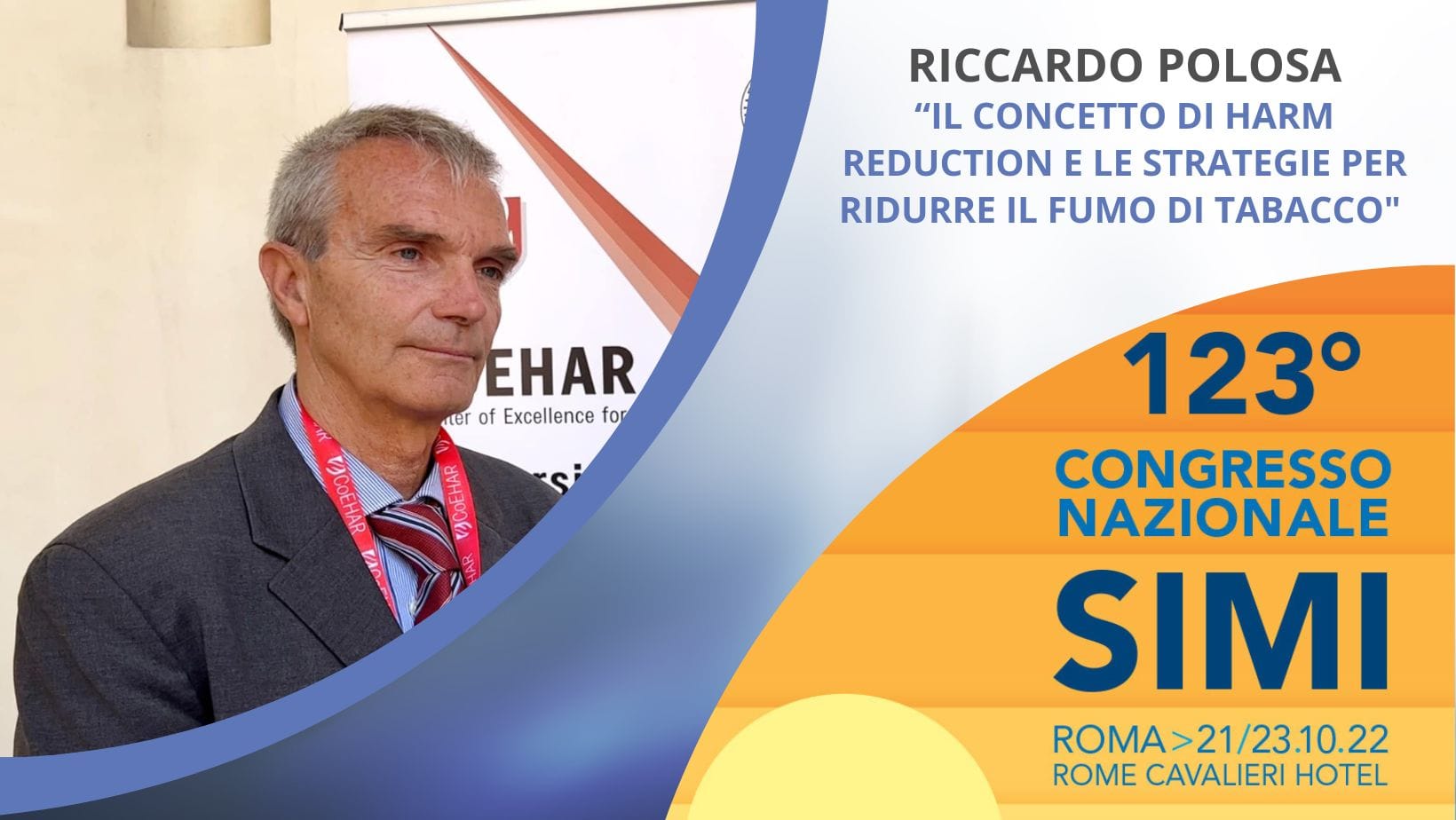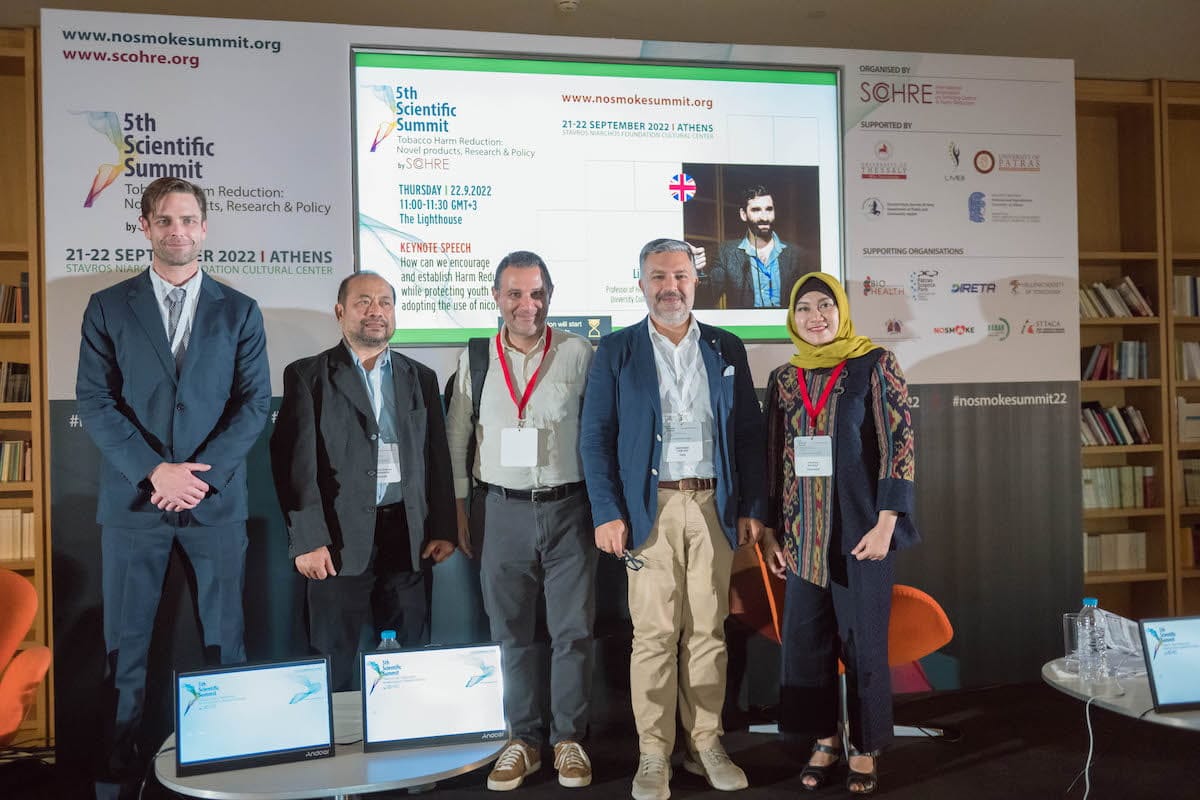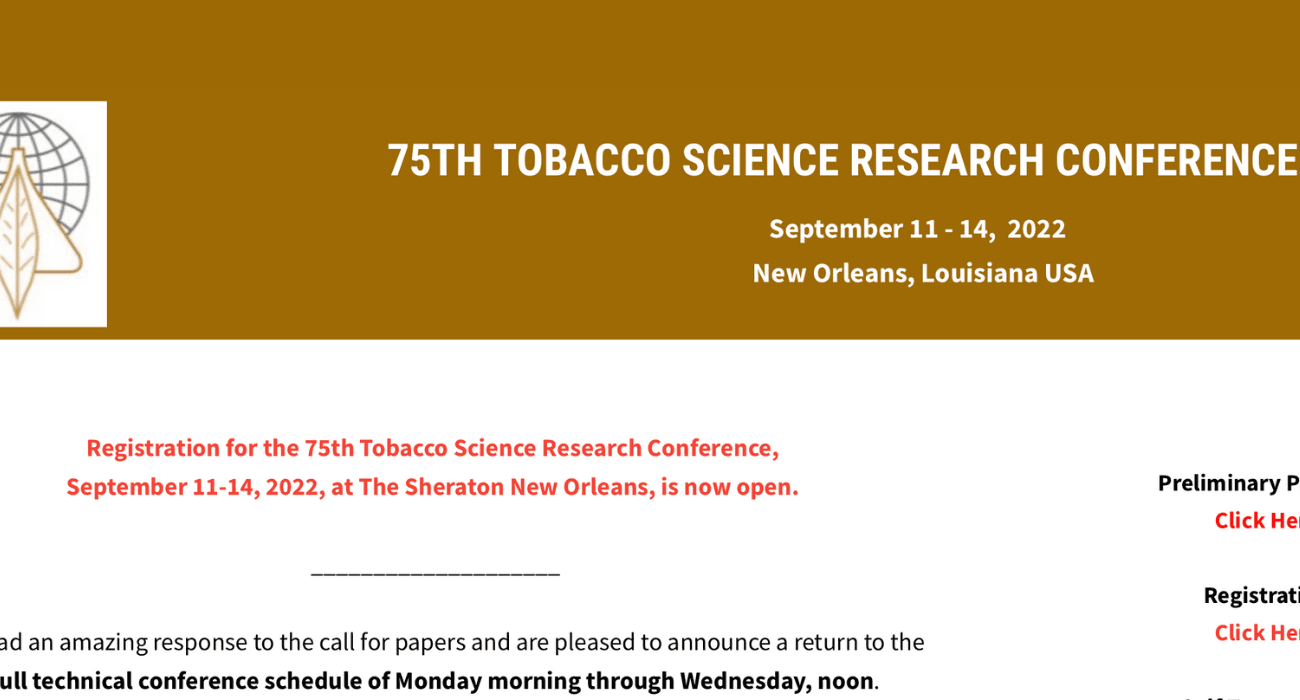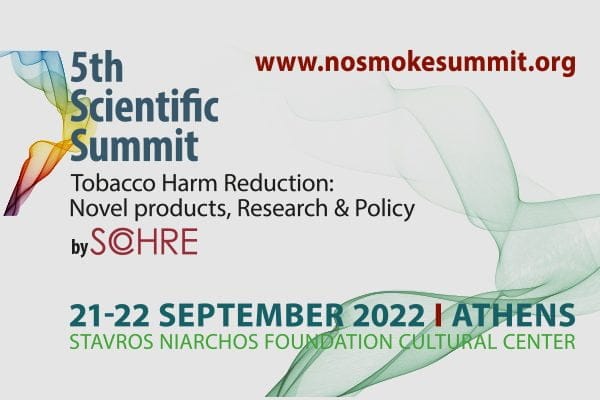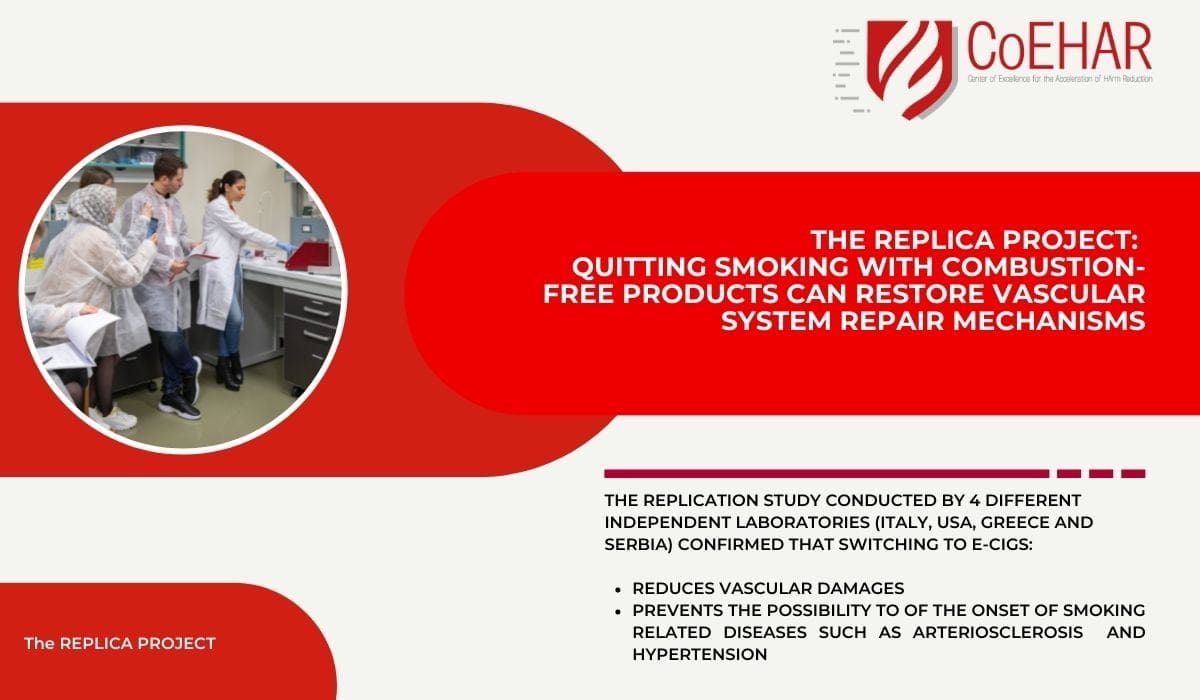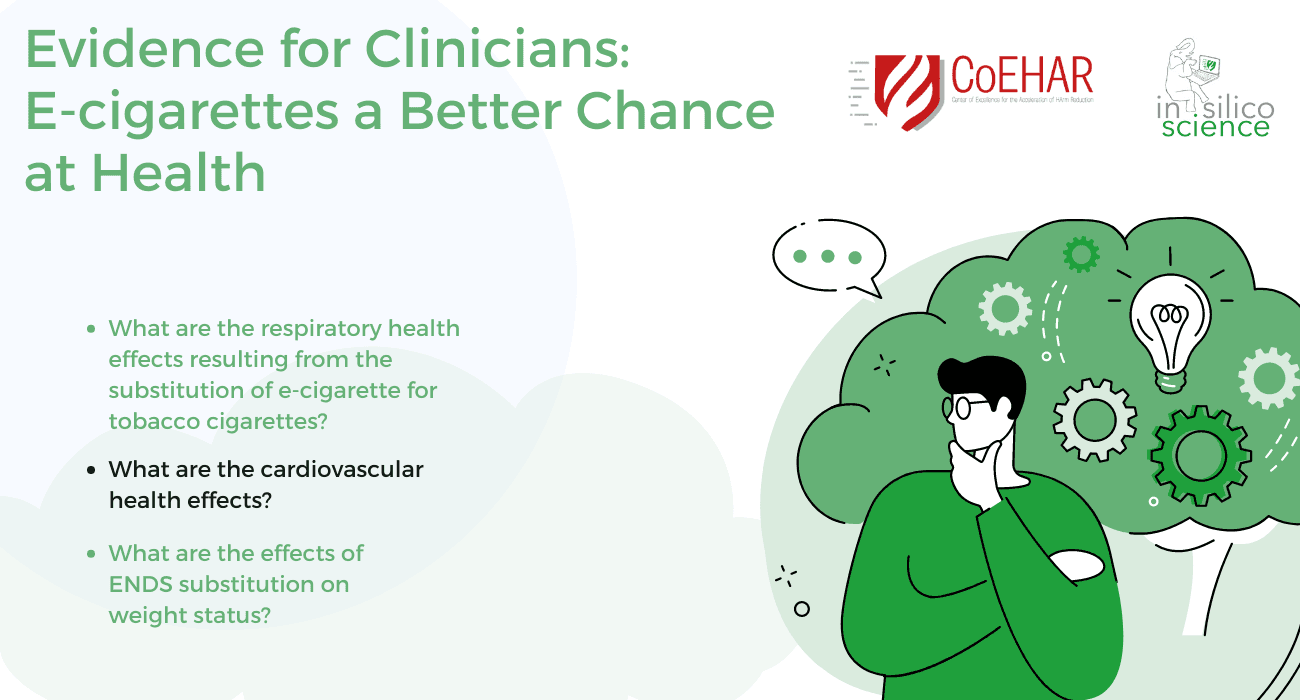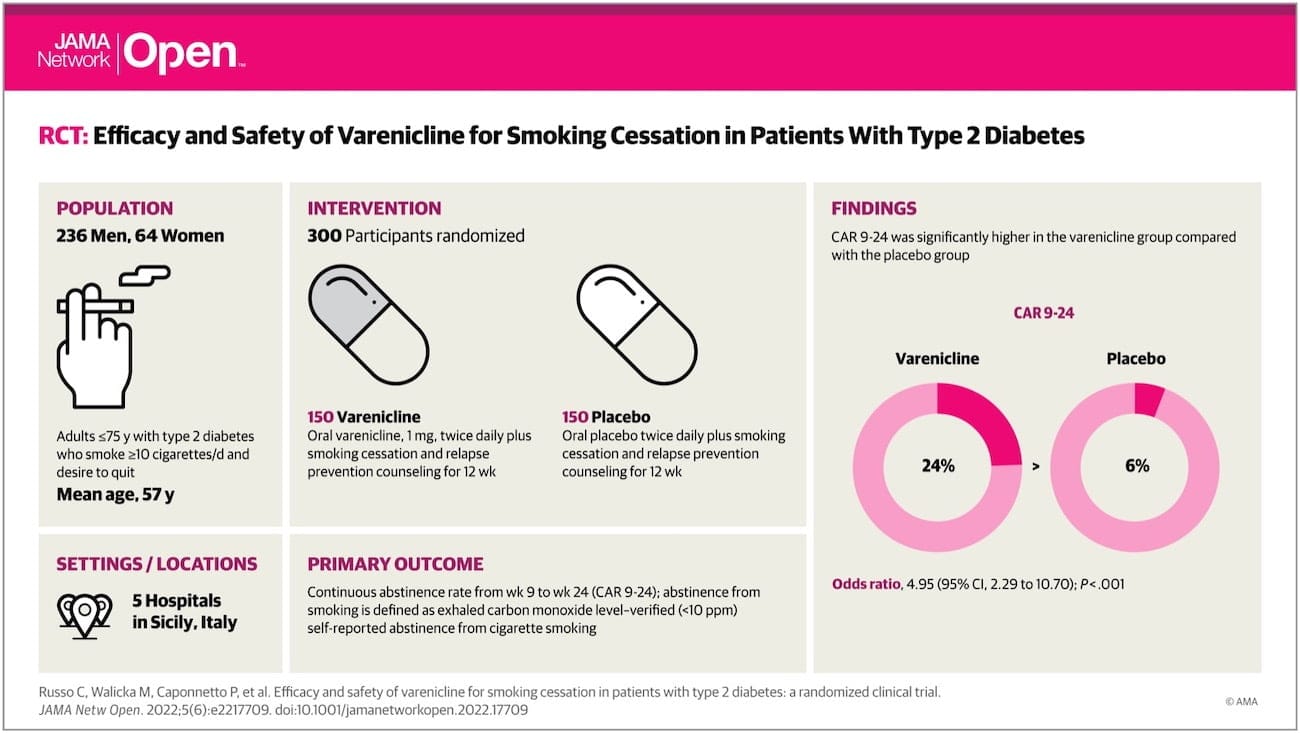Riccardo Polosa at the National Congress of the Italian Society of Internal Medicine
Harm Reduction strategies were the subject of a speech by prof. Polosa during the National Congress of the Italian Society of Internal Medicine. Focus of this year edition, the management of…

